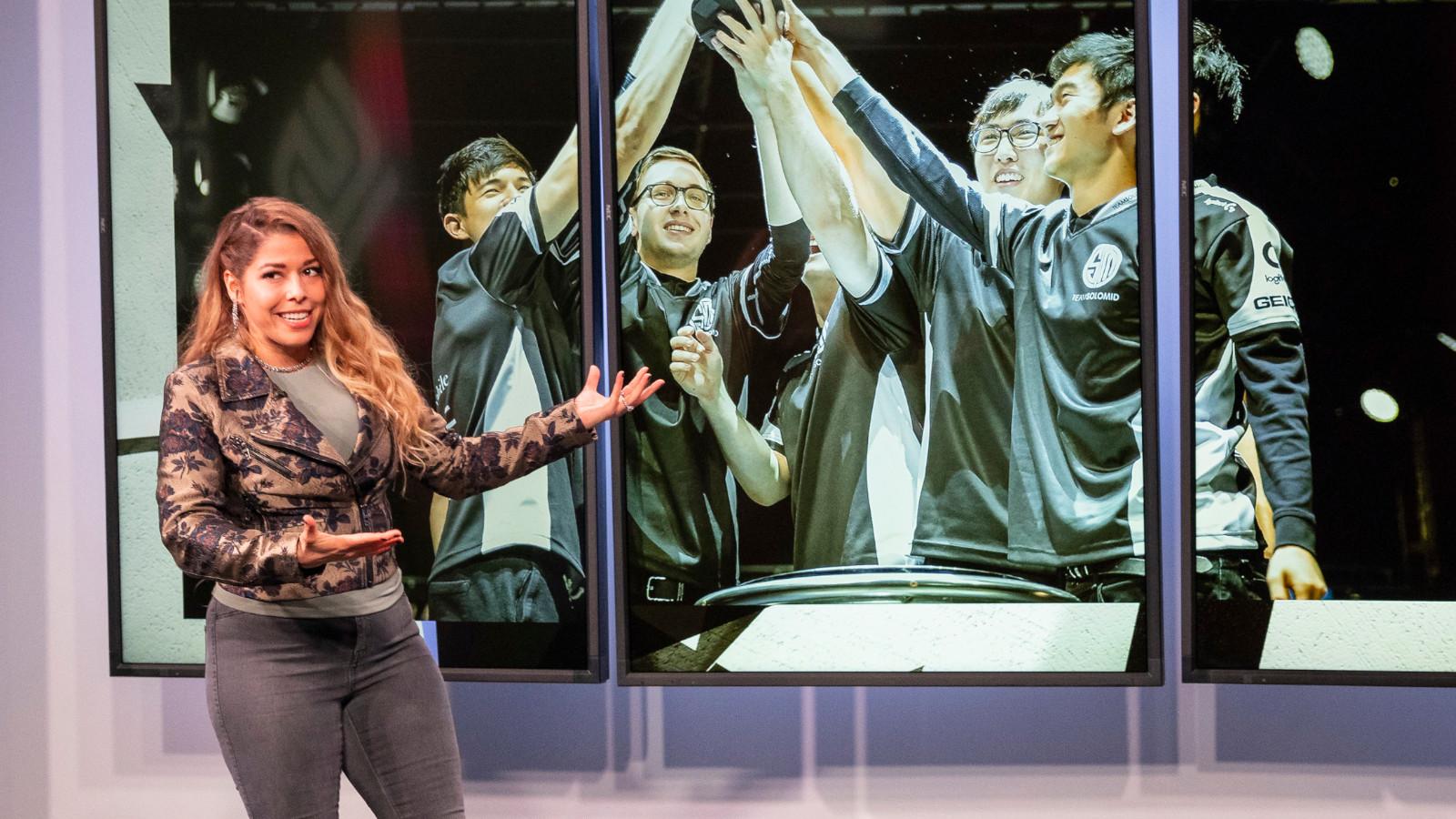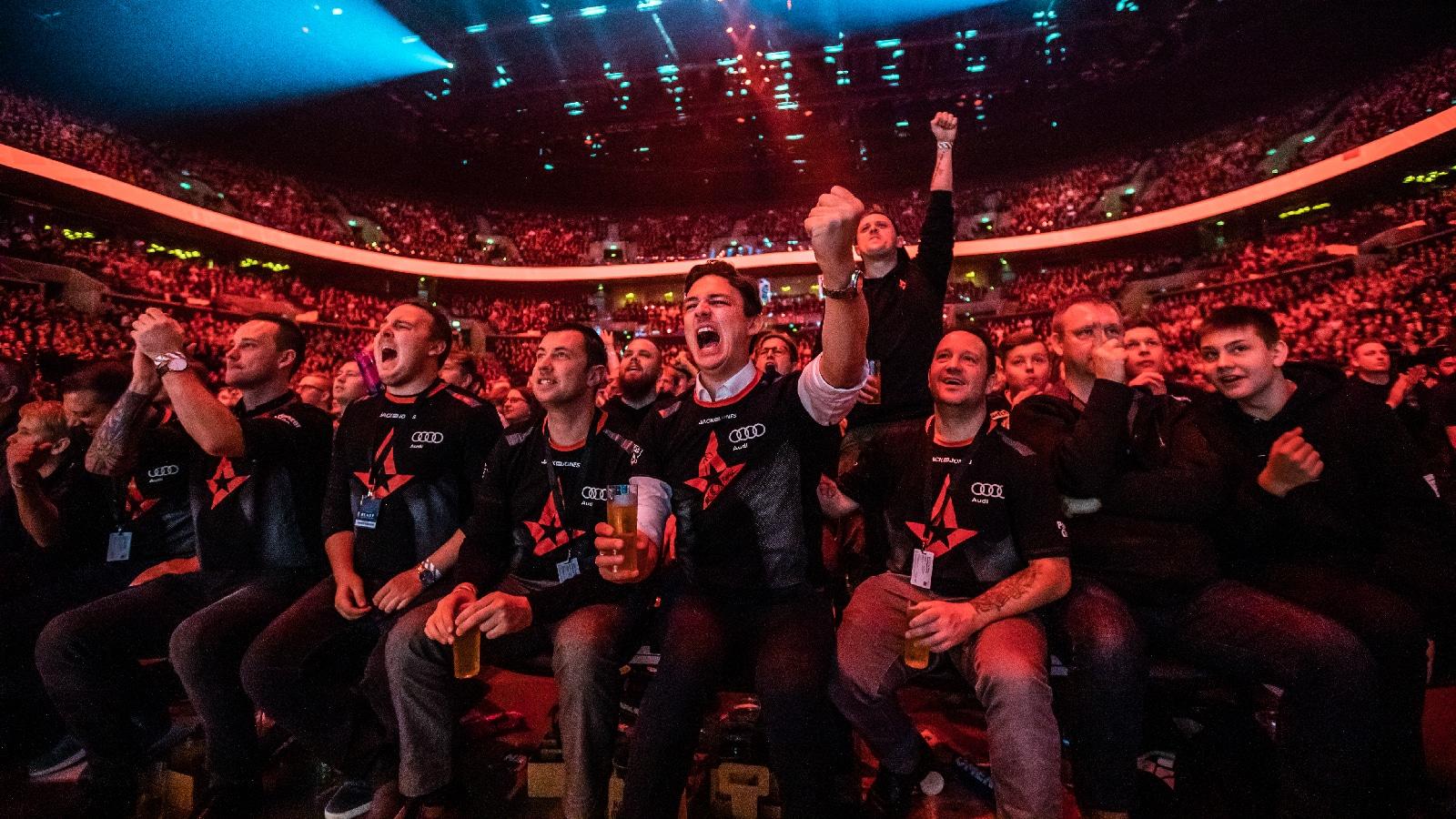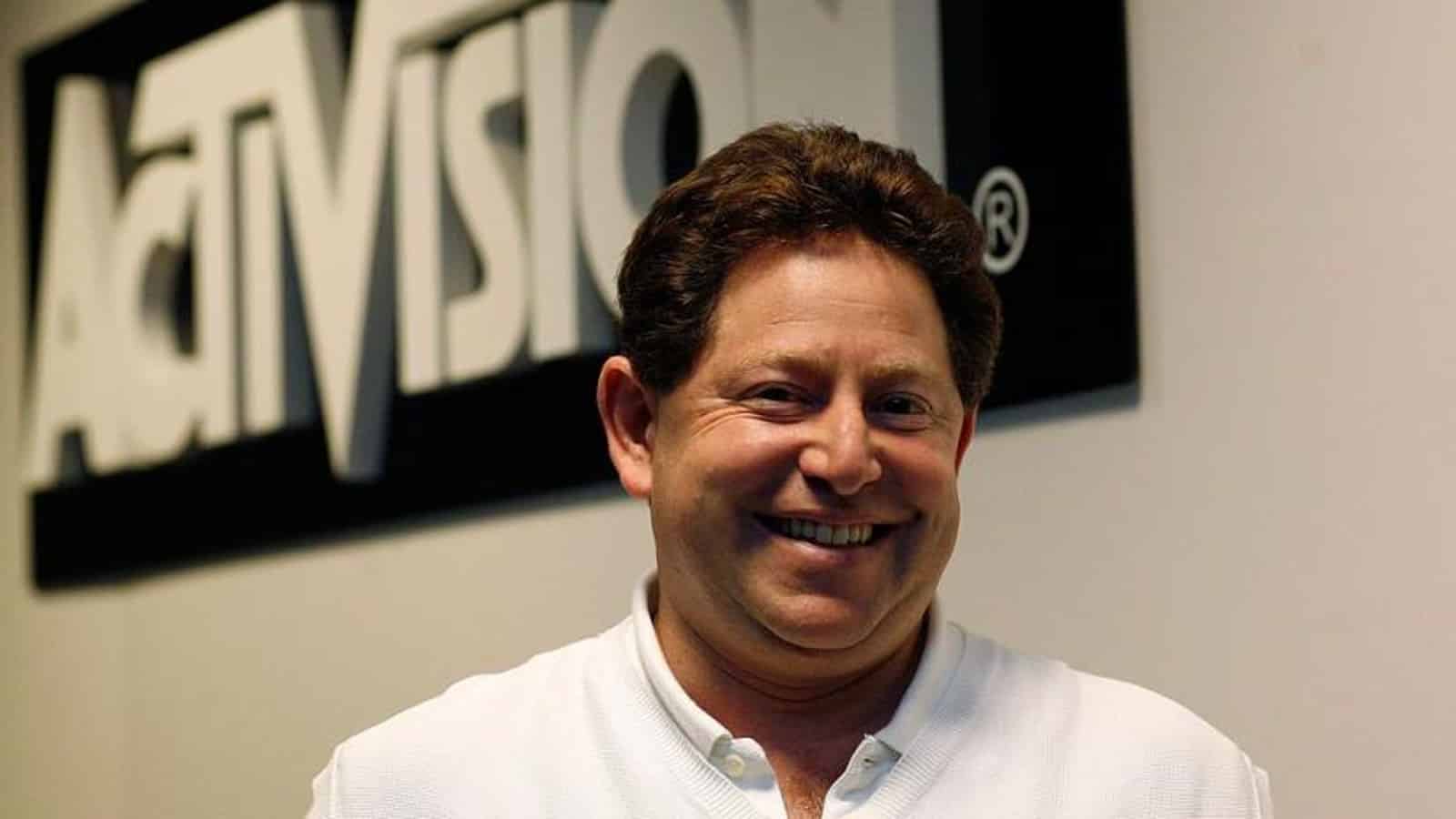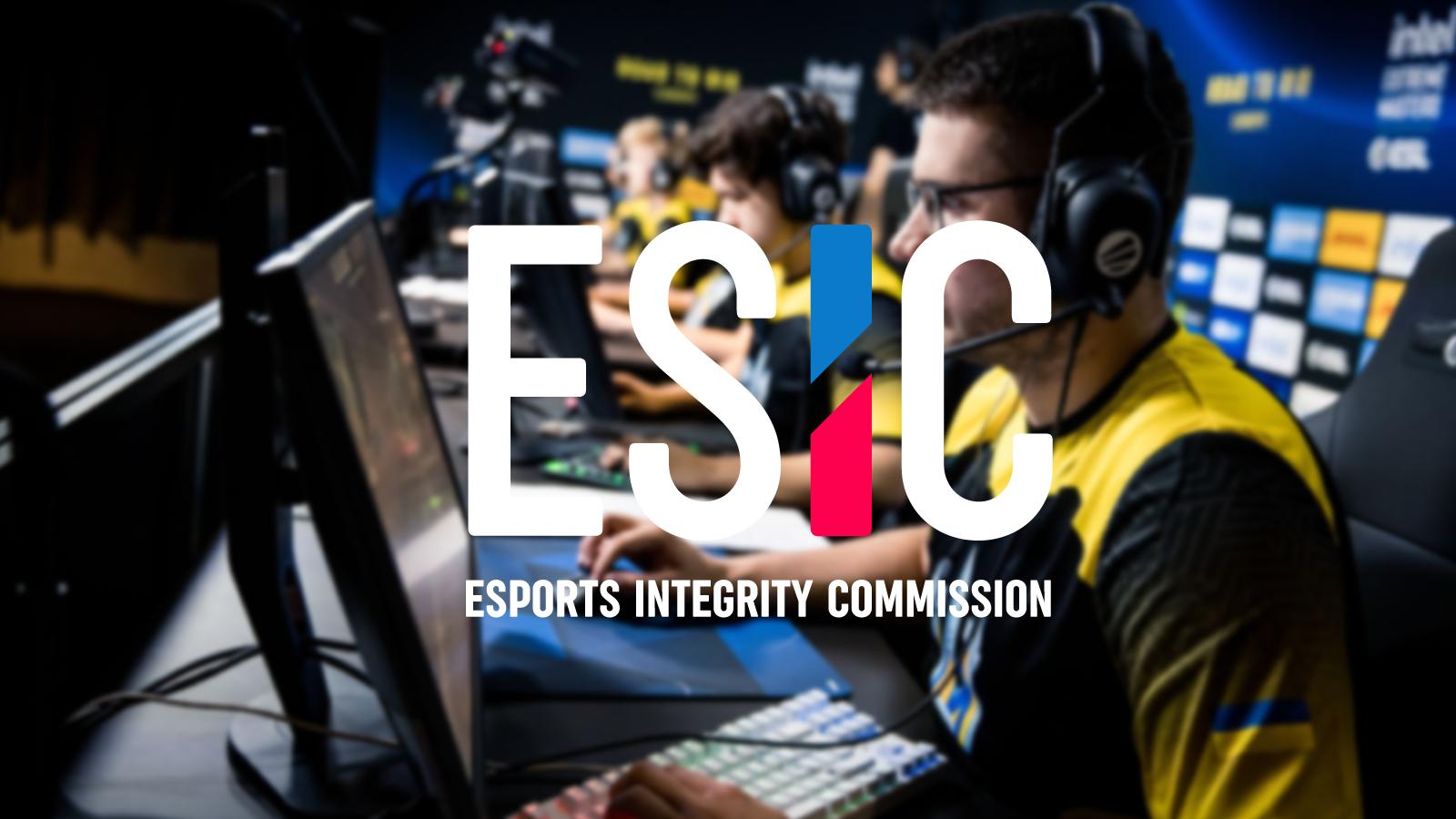Richard Lewis and DeKay reveal why more esports teams are declining interviews
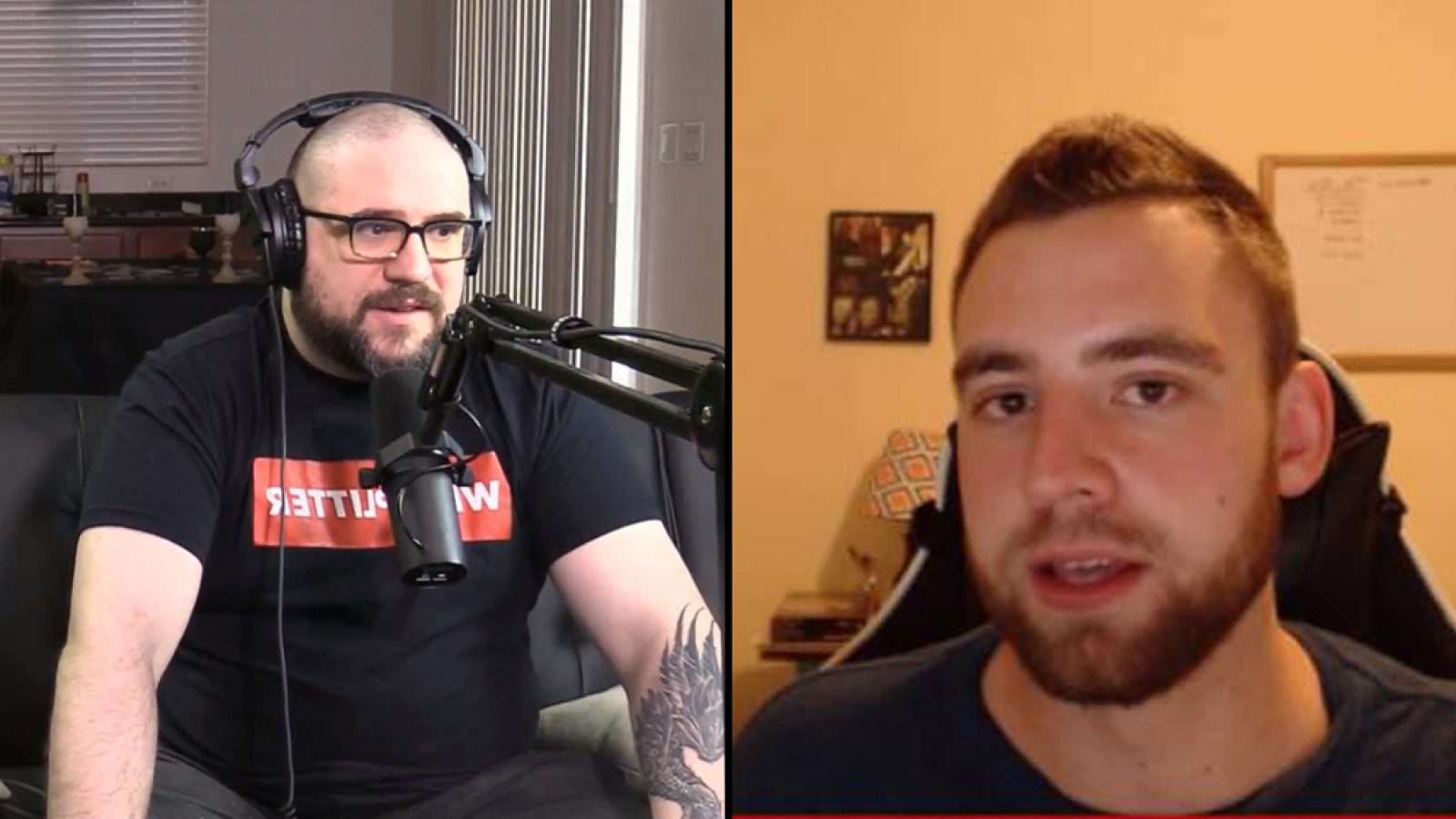 Richard Lewis Twitch / DeKay YouTube
Richard Lewis Twitch / DeKay YouTubeOrganized esports have been steadily growing since it came about at the turn of the century, but the industry as a whole can be more accepting of the media’s larger role within it, according to popular esports journalist Jarek ‘DeKay’ Lewis.
[ad name=”article1″]
Dexerto Talk Show host Richard Lewis sat down with DeKay to discuss their respective journeys as esport reporters. Their talk covered everything from juggling careers, journalism’s role in the market, being turned away for interviews and much more.
Although there are emerging outlets and big name sites transitioning into esports, DeKay feels that the industry still has a way to go when it comes giving publications a chance to tell stories within the scene.
[ad name=”article2″]
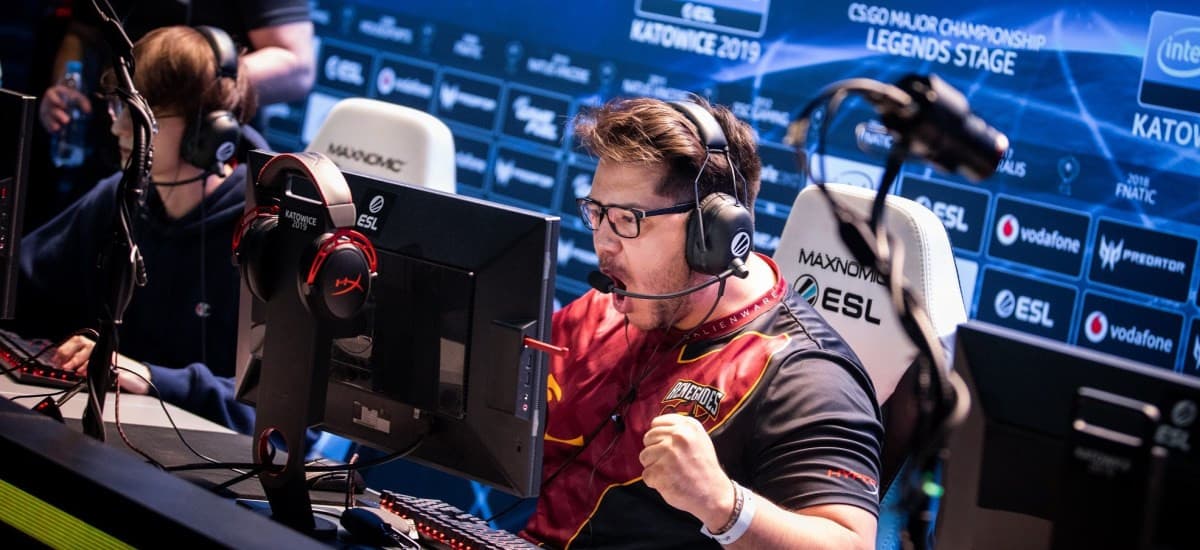 CS:GO alone crops up with fascinating stories every year, but it can sometimes be hard for journalists to reach those stories.
CS:GO alone crops up with fascinating stories every year, but it can sometimes be hard for journalists to reach those stories.The longtime esports insiders thought back to times where their careers had might have had an effect on them landing their next interview because of their past work.
“There was a time back when I reported the Fnatic players wouldn’t be getting back together after that major event,” DeKay recalled. “I remember when I was with Slingshot, we asked Fnatic if we could interview their players and they said ‘What outlet?’ ‘Slingshot.’ ‘Oh, yeah that’s gonna be maybe next time.’ Because they were just a little upset that said it.”
At the time and even now DeKay completely understood why he couldn’t land the interview. Instances like that doesn’t stop DeKay from pursuing the story, but it does speak to a larger point.
“It’s unfortunate, and in the industry, there’s still a lack of understanding for how valuable media is,” DeKay said. “There’s got to be someone to tell the story other than what you see on a Twitch stream.”
There are important stories in esports that can sometimes go uncovered simply because getting the appropriate resources or interviews can be nigh impossible for a lot of people.
The hardships some esports writers encounter can put a bind on the nuggets of information that could lead into a larger, more meaningful piece.
(Timestamp at 32:58 for mobile viewers)
[ad name=”article3″]
But DeKay also thought back on the many people in esports that have shown a huge appreciation for the work that he or others produce. He noted how it’s “worth its weight in gold” for those who acknowledge the work that goes into the job.
“[People] who really understand the value in investigative journalism and some of the work that the rest of us do who aren’t former players or don’t have some sort of integrated history,” Dekay said. “For those people to understand and just recognize someone who’s providing value to the community, that to me is worth its weight in gold because there are a lot of people who don’t understand the value or aren’t exactly appreciative of what some of us are doing.”
It doesn’t seem like esports has hit the threshold of its potential by a longshot. As long as there are teams competing on a big stage, there will always be a bigger story behind the people playing.
- Read more: Team Liquid take shots at 100 Thieves with epic April Fools’ joke, and Nadeshot hits back
In all of entertainment, esports has a chance to give the strongest direct link between fans and personalities, but it’ll need great storytellers with ample room to work with in order to provide those connections.
